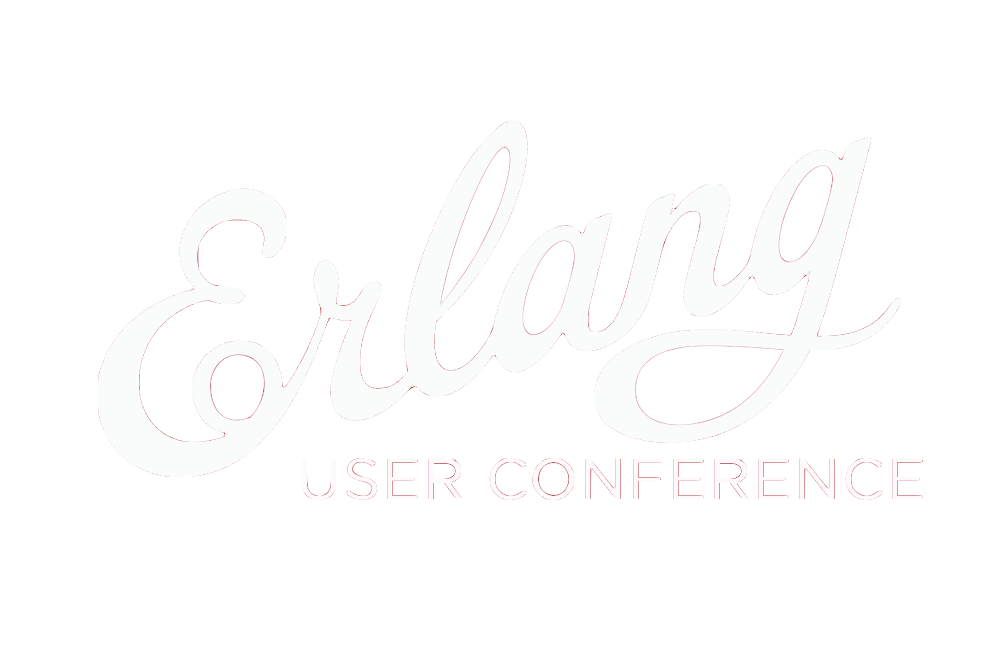Target Audience: Software Developers,
Prerequisites: Good programming skills in another language
Objectives:
- Understanding of the basics of Erlang.
- Read/Write/Design Erlang Programs.
- Good knowledge of the development environment and tools.
- Provides basics needed to attend the Advanced Erlang/OTP course
Duration: Three days
The course contains all the Erlang basics such as sequential and concurrent programming, along side error handling. The Erlang development environment is presented, with a special emphasis on the Erlang mode for Emacs alongside the major debugging tools. Good and bad programming practices are discussed, as are tools used to profile the system. OTP design principles and concepts are sneaked into the material as well as the exercises.
Course Contents
Erlang Express is a three-day introductory course developed for software engineers. Its objectives are to give participants the knowledge to read, write and structure Erlang programs, providing all prerequisites to attend the OTP course.
The course contains all the Erlang basics such as sequential and concurrent programming, along side error handling. The Erlang development environment is presented, with a special emphasis on the Erlang mode for Emacs alongside the major debugging tools. Good and bad programming practices are discussed, as are tools used to profile the system. OTP design principles and concepts are sneaked into the material as well as the exercises.
Introduction
Introduction to the software needs of telecom control systems, followed by a history of Erlang, its features, and product and research examples within and outside Ericsson.
Basic Erlang
This section deals with Erlang data types and pattern matching. Functions, modules, and BIFs are discussed. Before the exercises, the Erlang shell, useful shell commands as well as Emacs and its Erlang mode are introduced.
Sequential Programming
The Sequential Programming section comprehends conditional evaluations, guards and scope of variables. It then introduces recursion, with a special emphasis on different recursive patterns, tail recursion, and space saving optimizations. Before the exercises, libraries and their manual pages, possible run time errors and the debugger are demonstrated.
Concurrent Programming
This section describes the creation of processes and their life span. It looks at sending and receiving messages, selective reception, and passing data in the messages. It continues with the various uses of time outs and registering processes, and terminates by showing the generic process code structure. Before the exercises, a demonstration of the Process Manager tool is given.
Process Design Patterns
This section introduces the concept of process patterns, preparing the students for the OTP behaviours. It gives a detailed example of a client server system, looks at finite state machines and event handlers. Synchronous versus asynchronous message passing is discussed.
Process Error Handling
This section introduces the simple but powerful error handling mechanisms in processes. It looks at process links, exit signals and their propagation semantics. How robust systems are built in Erlang are discussed, and an example from the Process Design Patterns section is re-implemented, making it robust.
Code Updating
The section introduces software upgrade during run time. The error handler, the code server, and code search paths are covered, as is the .erlang file.
Records and Funs
"Records" are an Erlang data structure, similar to a struct in C, used for storing a fixed number of elements. "Funs", usually referred as "anonymous functions" in other programming languages, allow the creation of functions without binding them to a name. This section focuses on the syntax for creating and using records and funs.
ETS tables
An introduction to the Erlang Term Storage is given, together with its different table options. Examples on when to use and not to use ETS tables are covered. A demonstration of the table visualizer is provided.
Distributed Programming
An introduction to the requirements of distributed systems is given, and how Erlang is able to fill these requirements. The distribution syntax and semantics are covered, followed by the BIFs and the net kernel.
